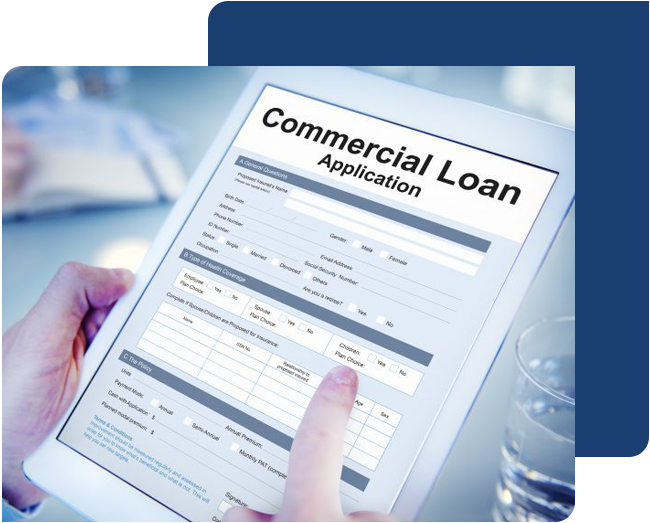You may be eligible for several different kinds of loans. Each one offers different benefits.
Term Loan
A term loan is a monetary loan from a bank or other lending institution that is repaid with interest in regular payments over a set period of time.
Pros
- Get cash upfront to invest in your business.
- Typically higher borrowing amounts.
- Fast funding if you use an online lender rather than a traditional bank; typically few days to a week versus up to several months.
Best for
- Businesses looking to expand.
- Borrowers who have good credit and a strong business and who don’t want to wait long for funding.

